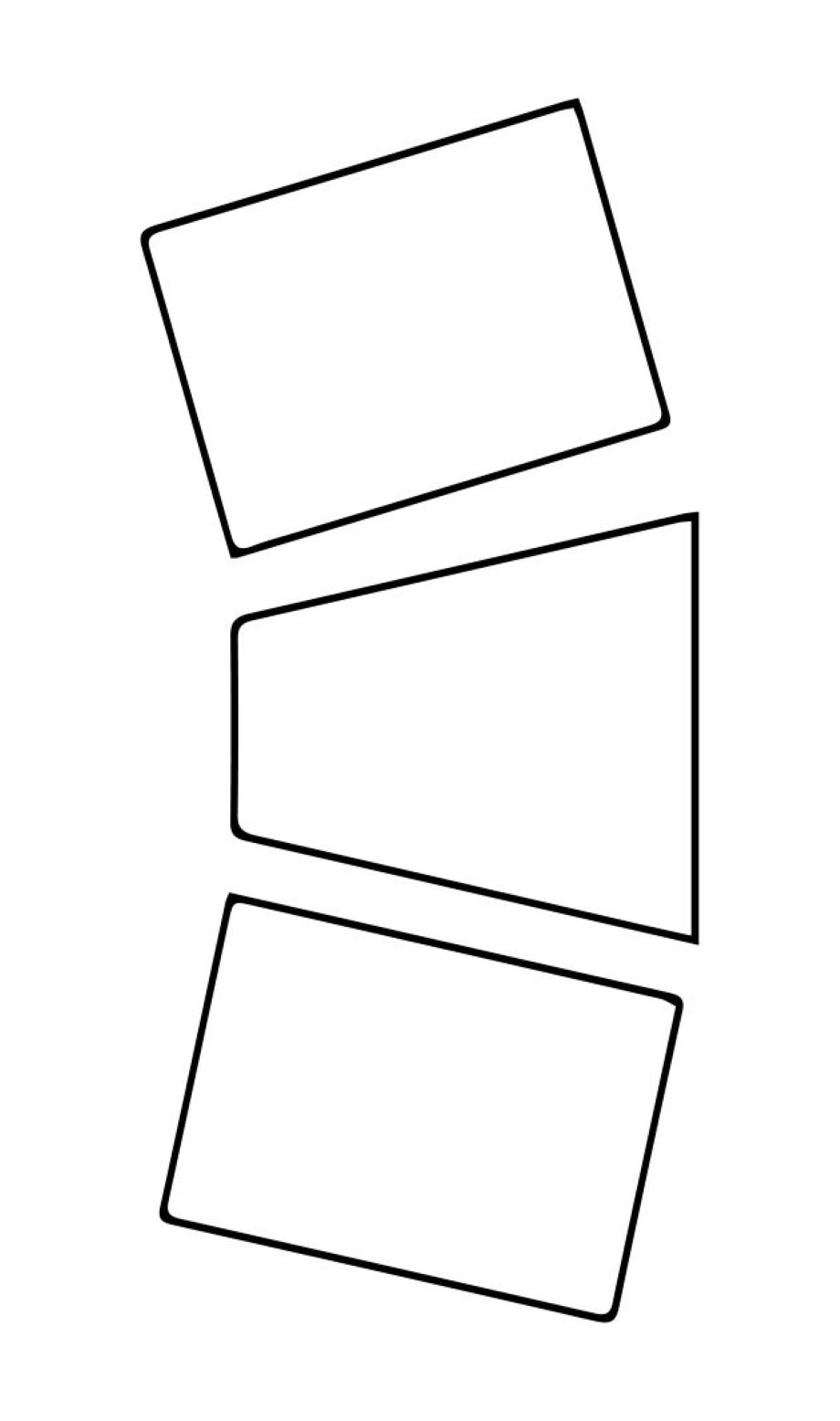Understanding osteoporosis
Osteoporosis happens when your bones lose too much calcium and become fragile. Your bones may break easily, and there may be other changes in your posture, strength, balance and function.
If your bone density is slightly lower than normal, it is called low bone mass (osteopenia). If more bone density is lost, it is called osteoporosis.
Normally there is a balance between bone being formed and bone being lost. When more bone is lost than formed, you may have osteopenia or osteoporosis.
Bone strength
Your bone strength depends on many factors, such as genetics, your lifetime activity level, medications, hormones and diet. Your bones are also affected by internal and external stress.
Internal stress is placed on our bones whenever we use our muscles, which are attached to the bones. The muscle pulls on its attachment to the bone and the bone responds by becoming stronger.
External stress is placed on our bones during weight-bearing activities (such as walking). The external forces that travel up through our legs when we do activities such as walking help to keep our bones strong.
Osteoporosis symptoms
Osteoporosis can have many impact on your body.
Pain
If you have back pain that is severe and constant, you should see your physician.
Osteoporosis is not usually painful unless you have a fracture. Vertebral fractures can cause severe pain and muscle spasms in the back, but some result in only mild pain.
Many people are not aware they have a compression fracture because it may have been caused by a minor injury.
If you have pain but not a fracture, the pain may be from poor posture or strains from using muscles and joints incorrectly.
Loss of height
Height changes from osteoporosis are mostly caused by fractures in the spine. Height changes do not occur in the arms or legs.
Spine fractures occur when the bone cannot handle the load placed on it and it compresses. This is called a compression fracture. The compression is often at the front of the spinal vertebrae, which makes the vertebra wedge shaped and cause the back to become more rounded.
It is a good idea to have your height measured yearly. You can lose a half inch with each vertebral fracture, and it is possible to lose several inches in your lifetime.

Compression or wedge fracture
Shortness of breath
Osteoporosis can cause shortness of breath if changes in your spinal posture leave less space for your lungs to expand.
Hiatus hernia
Problems such as hiatus hernia, indigestion, heartburn or regurgitation can get worse when poor posture leaves less room in your abdomen.
Protruding stomach
If your spine has lost height, there is not enough room in the abdomen for your organs and they are pushed forward. If the abdominal muscles are also weak, the stomach can protrude even more. We recommend posture correction and lower abdominal exercise to help reduce this.
Stress incontinence
Losing height in your spine can increase pressure on your pelvic floor. Incontinence is not always caused by osteoporosis, but it is a common condition and should be addressed.
Spinal deformity
Changes in your spinal posture may be caused by:
- compression fractures
- muscle weakness
- poor posture
- poor self-esteem